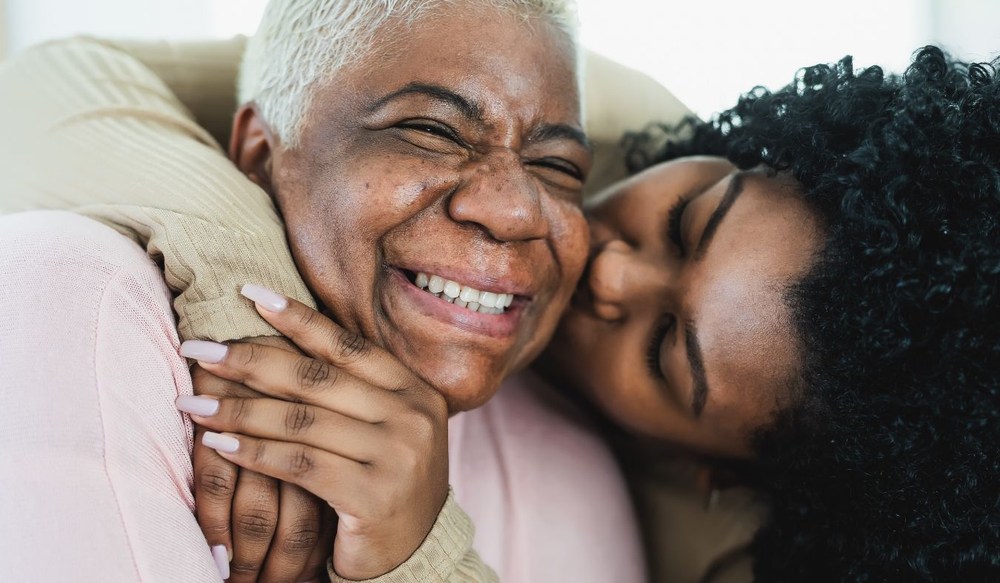Why Older Adults Often Struggle to Notice Gradual Hearing Loss
Many older adults are surprised to learn that their hearing has changed,


Many older adults are surprised to learn that their hearing has changed,

Men tend to experience hearing loss earlier and more quickly than women

Feeling more tired than usual could be linked to your hearing in ways you